Traffic participants' awareness is changing positively after Decree 168/2024/ND-CP took effect.
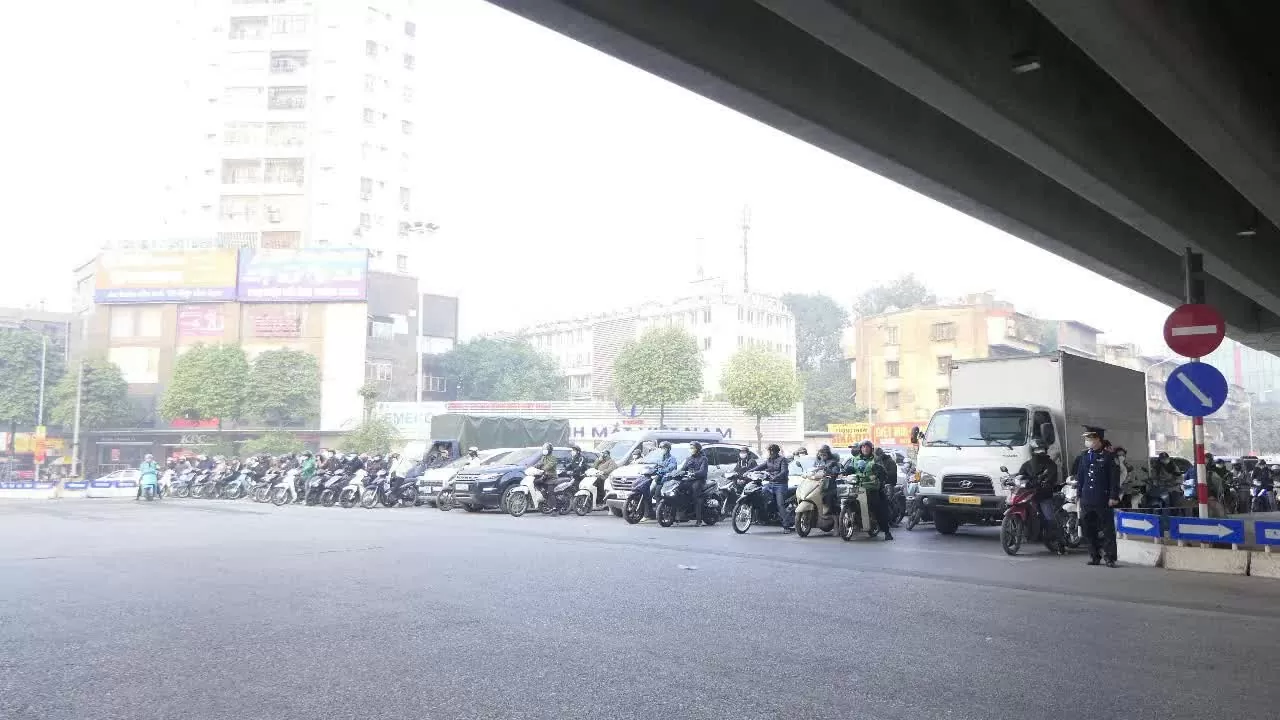 |
| Decree No. 168/2024/ND-CP of the Government is considered an important solution in ensuring traffic safety and order. (Photo: Thanh Long/TG&VN) |
In recent days, the issue of increasing traffic violation fines has been a hot topic on social media forums. Many people were surprised by the new regulations, concerned about the high fines compared to their income, and worried about the negative consequences and lack of transparency in handling violations...
Many people also believe that increasing administrative fines for traffic safety violations has become a powerful solution to reduce violations and raise awareness among traffic participants. This is clearly demonstrated by the change in fines in Decree 168/2024/ND-CP, effective from January 1, 2025. However, the question is whether increasing fines is enough to build a civilized and safe traffic culture?
It can be said that this is a necessary condition, the core of the problem still lies in the awareness of each traffic participant. Increasing the fine is a necessary measure but not enough. Higher fines will certainly have a deterrent effect on violations such as running red lights, driving while drunk or not wearing a helmet.
| "The most important thing in building a traffic culture is the awareness of each individual. Traffic culture is not just about obeying the law when there is supervision or threat of fines, but it must be formed from the thoughts and voluntary actions of each person." |
We can see that from the first days of implementation, traffic violations have decreased significantly in many places. People tend to comply with regulations more, no longer run red lights or push when the signal turns red. However, increasing fines is only part of the strategy to improve traffic conditions. It can make violators reconsider their compliance with traffic laws, but it cannot completely solve the problem of traffic culture.
To be more precise, "heavy" fines can only limit violations, but cannot change people's habits, thoughts and feelings about traffic participation. When fines become the main factor motivating people to comply with the law, their self-awareness has not yet been deeply formed.
The most important thing in building a traffic culture is the awareness of each individual. Traffic culture is not just about obeying the law when there is supervision or threat of fines, but it must be formed from the thoughts and voluntary actions of each person. Traffic awareness needs to be built from values such as respecting life, the safety of oneself and the community, understanding traffic regulations is not only an obligation but also a responsibility.
Looking back, in the jubilant atmosphere after the Vietnam national football team won the 2024 ASEAN Cup, millions of fans in provinces and cities across the country poured into the streets to celebrate the victory. Besides the red flag with yellow star fluttering all over the streets, the image of groups of people seriously obeying traffic light signals also left a great impression.
When each traffic participant has a high level of awareness, they will voluntarily comply with the law, without the need for intervention from the authorities. A driver who understands that running a red light can cause a serious accident, not only affecting himself but also others, will automatically stop the car when the light is red, even though there is no police or surveillance camera. A pedestrian will not cross the street when the light is red even though no one sees them. This can only be achieved when traffic culture has been formed in each person's own consciousness.
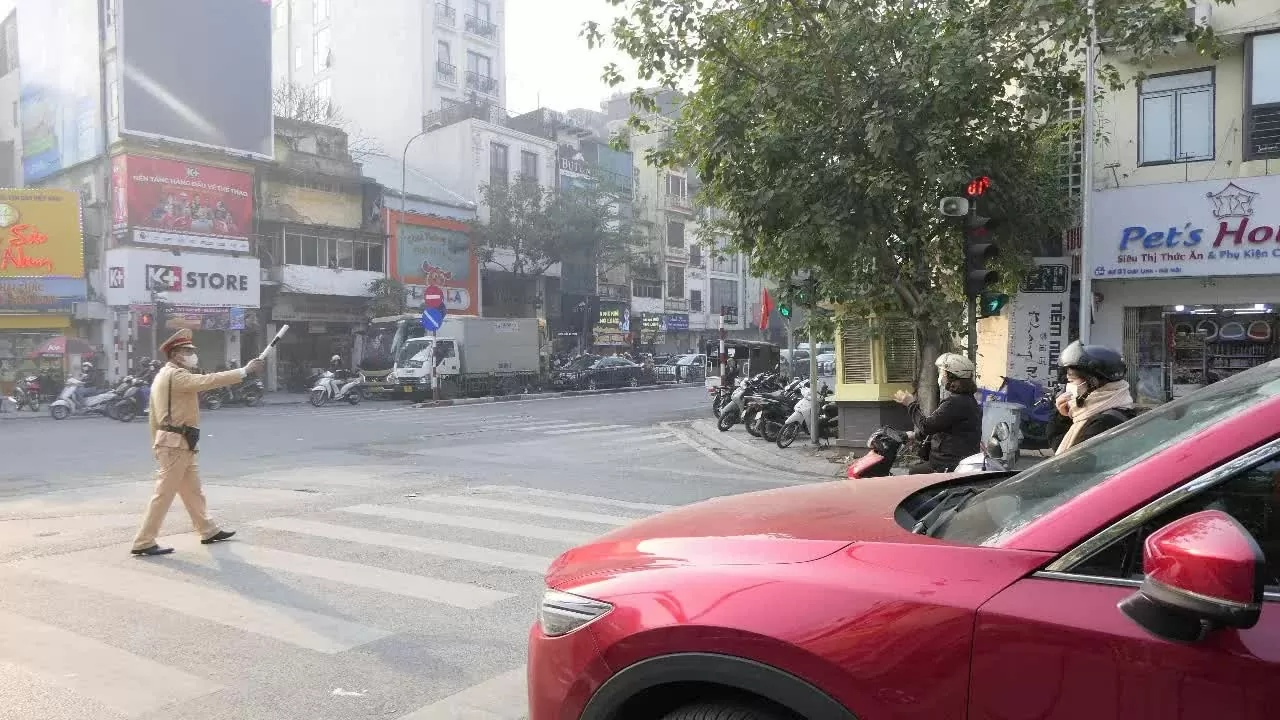 |
| Authorities actively regulate traffic. (Photo: Thanh Long/TG&VN) |
To build a traffic culture, we need to promote propaganda andeducation on traffic safety right from when we are students. Traffic law education programs need to be widely and regularly deployed, not only focusing on regulations and penalties, but also focusing on forming the necessary qualities of traffic participants such as patience, respect and empathy for others.
In addition, it is necessary to enhance the responsibility of the authorities in monitoring and creating favorable opportunities for people to easily participate in safe traffic activities. Traffic infrastructure also needs to be improved to better serve traffic participants, helping them feel safe during their journey.
Although increasing fines can help reduce obvious and immediate violations, to build a truly civilized and safe traffic culture, the core of the problem still lies in the awareness of each citizen. Self-awareness and mutual respect in traffic are the decisive factors for the success of all solutions, including increasing fines. When we can build a traffic community with high awareness, compliance with traffic laws will no longer be a mandatory obligation but a natural action, for the common benefit of everyone.
In other words, to build a civilized traffic culture, the most important factor is still the awareness of each person. When each person is aware of their responsibility to the community and voluntarily complies with traffic laws, violations will be significantly reduced.
Both law and awareness play an important role in building a traffic culture. However, awareness is the decisive factor, the foundation for building a civilized traffic society. When every citizen is aware of their responsibilities and voluntarily complies with traffic laws, violations will be significantly reduced, thereby contributing to building a country with sustainable development.
It can be seen that Decree No. 168/2024/ND-CP of the Government is considered an important solution in ensuring traffic safety and order, helping to build a civilized and modern traffic system. In order for the Decree to be effectively implemented, the authorities need to continue to strengthen propaganda, not only on the media but also focus on the community so that people can grasp information and raise awareness of traffic participants. At the same time, each citizen also needs to raise their sense of responsibility and voluntarily comply with legal regulations, not just for fear of being fined.
Source


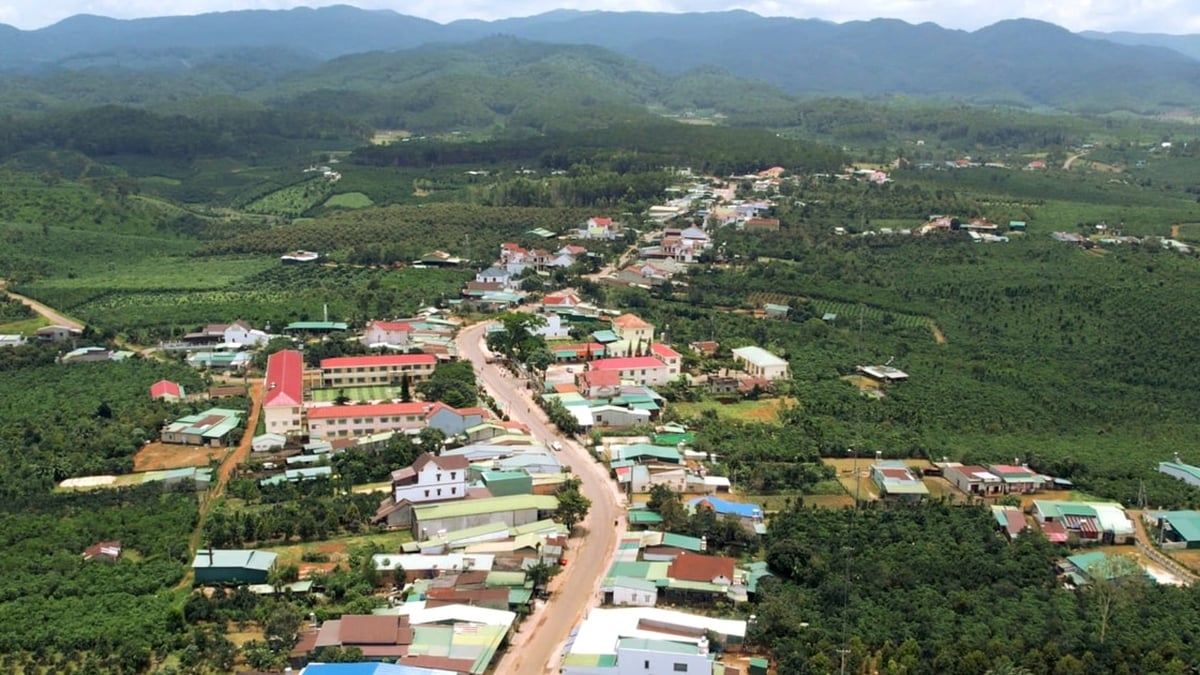
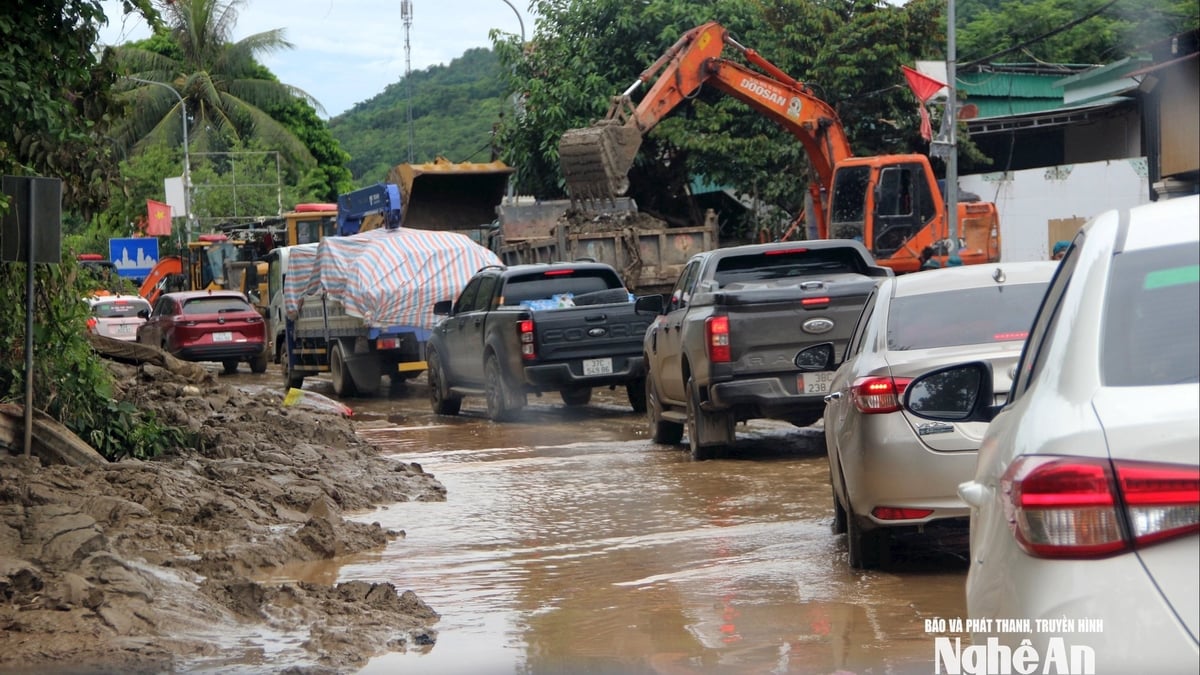

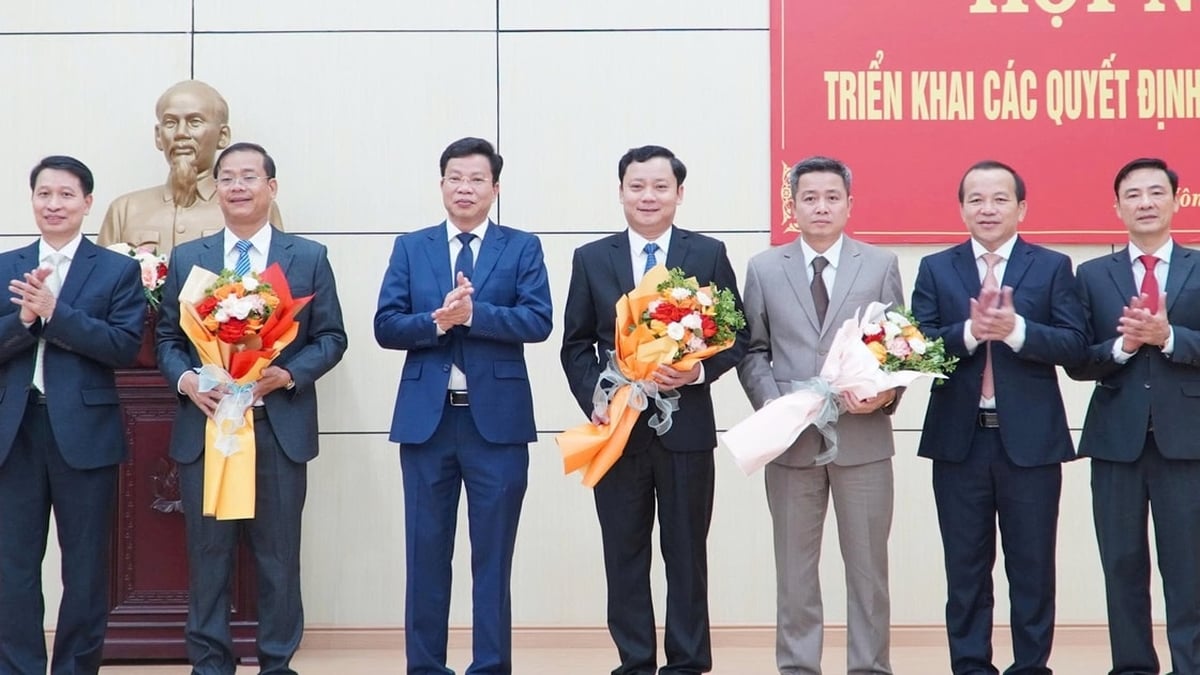
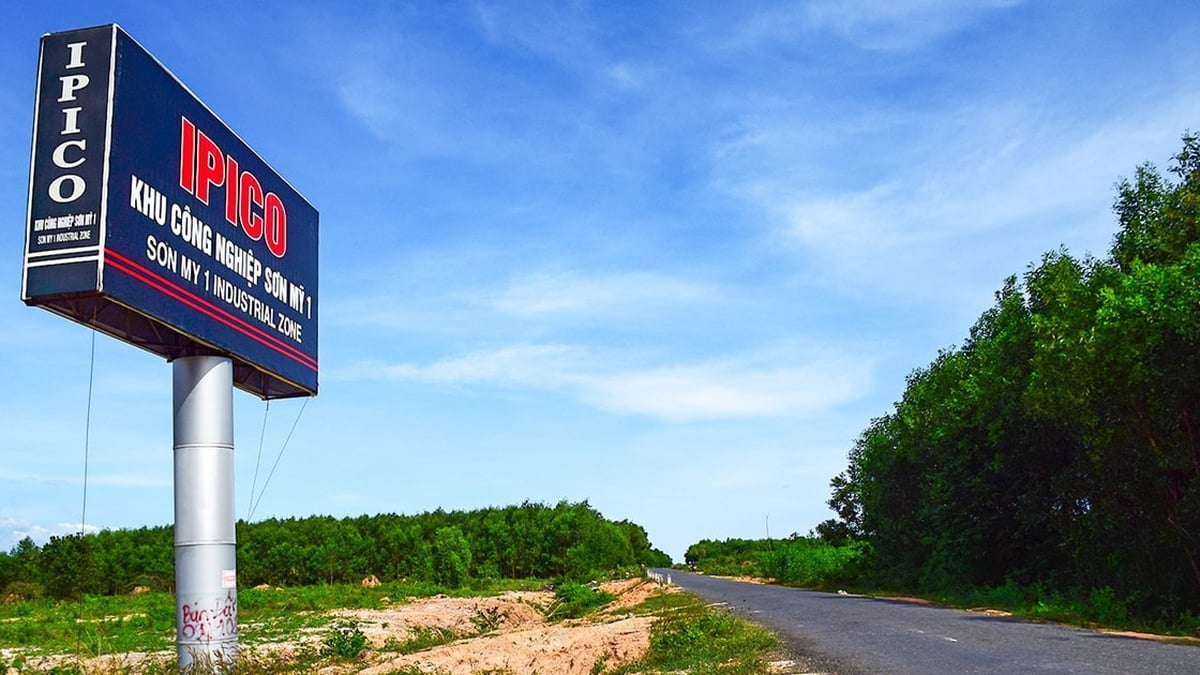
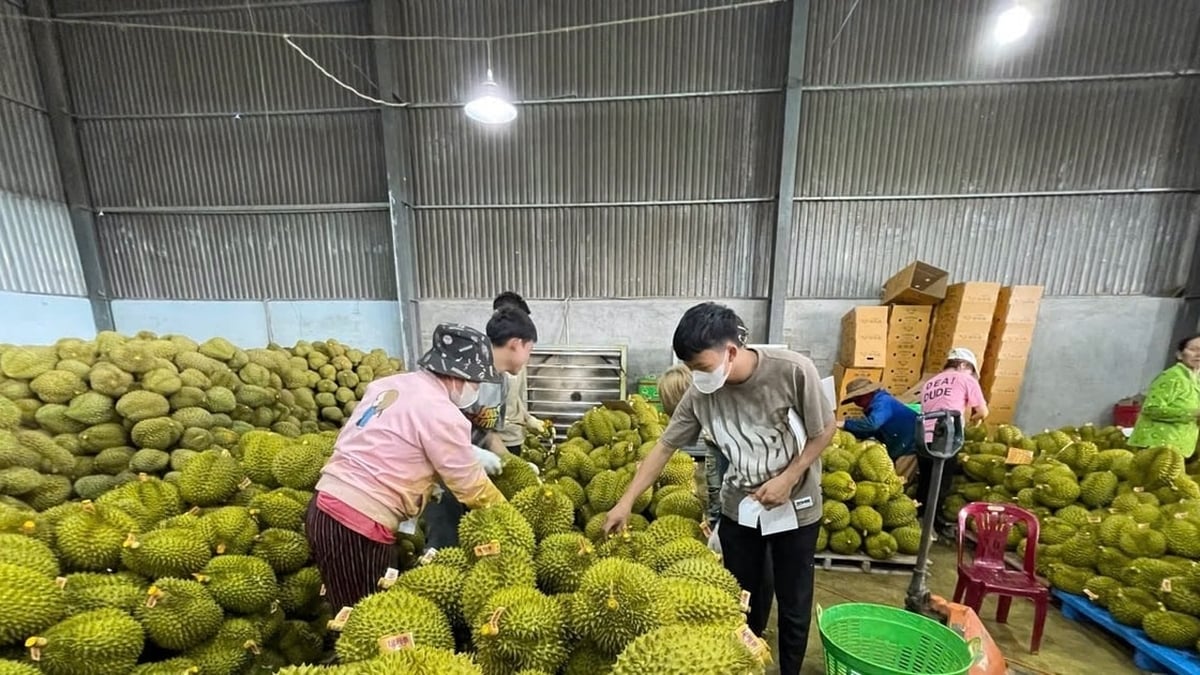

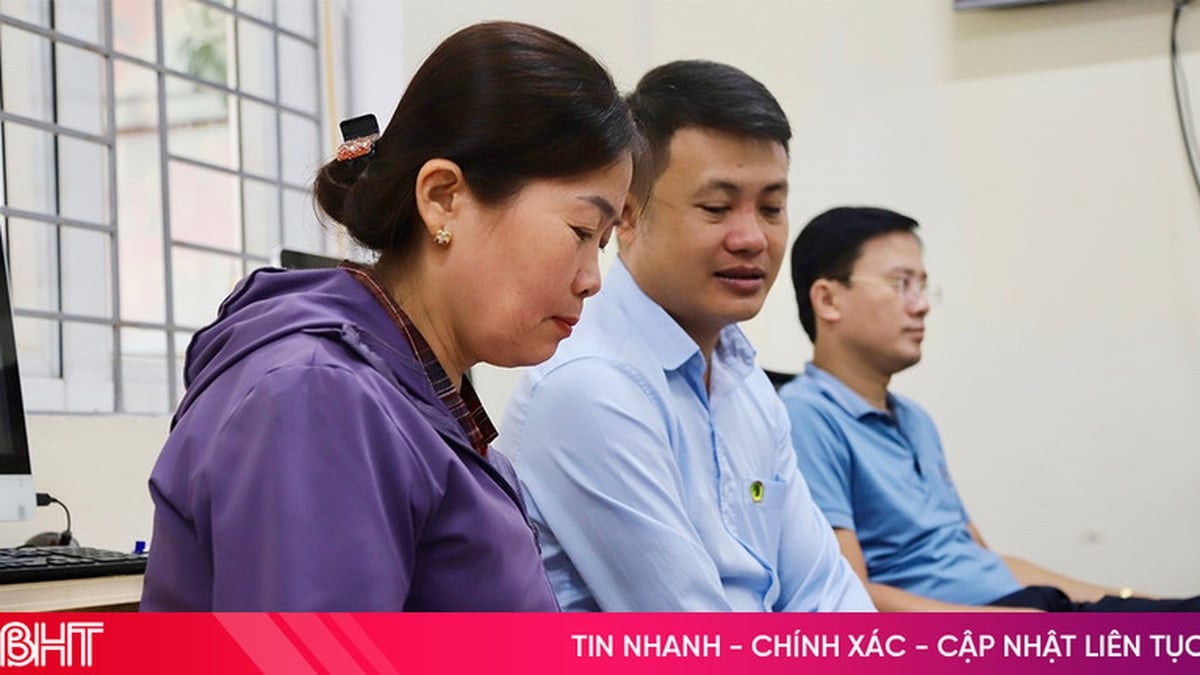
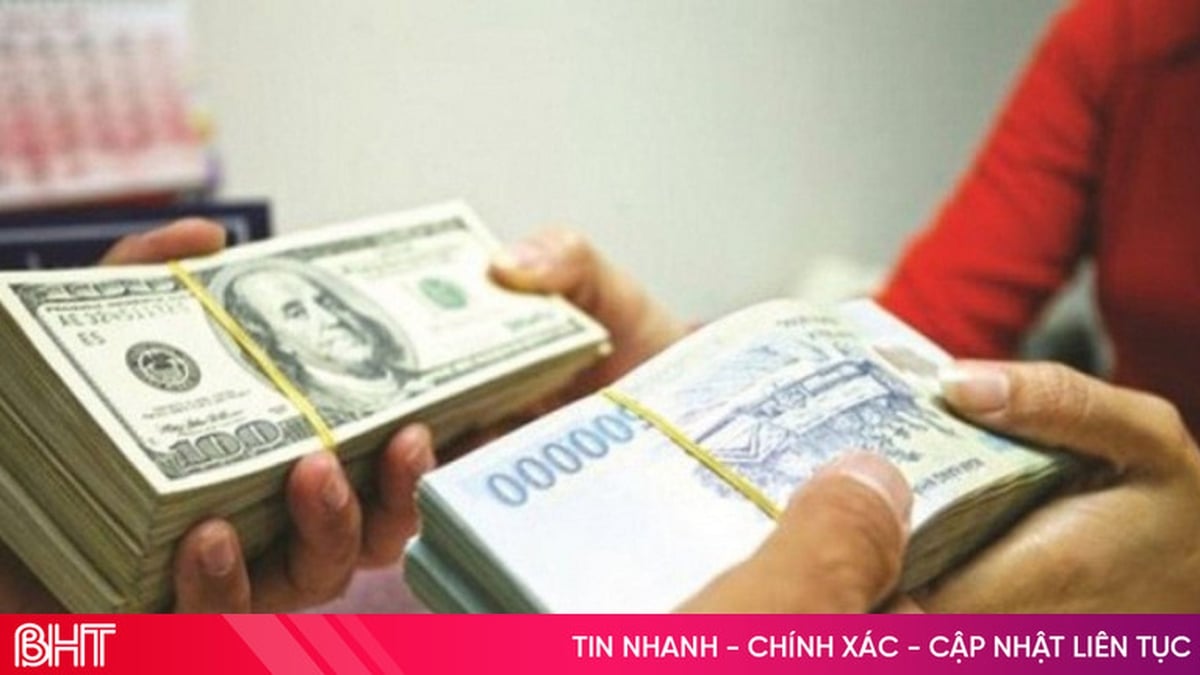























































![[Photo] National Assembly Chairman Tran Thanh Man receives Chairman of Morocco-Vietnam Friendship Association](https://vphoto.vietnam.vn/thumb/402x226/vietnam/resource/IMAGE/2025/7/26/b5fb486562044db9a5e95efb6dc6a263)
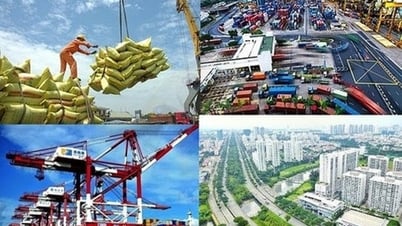


































Comment (0)